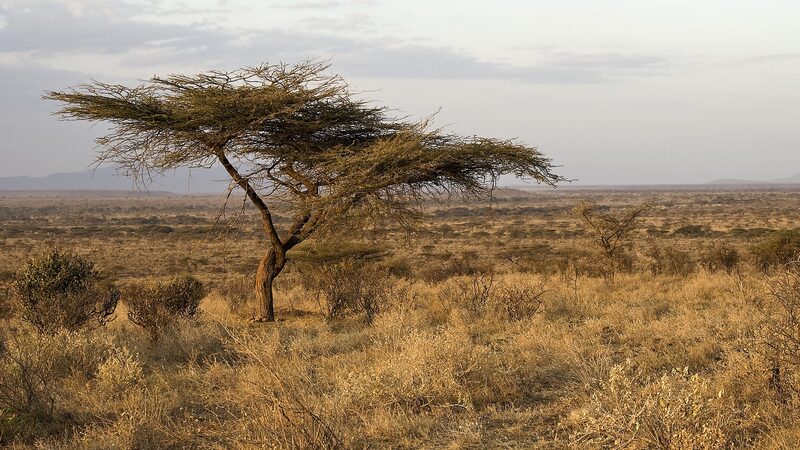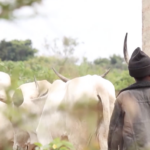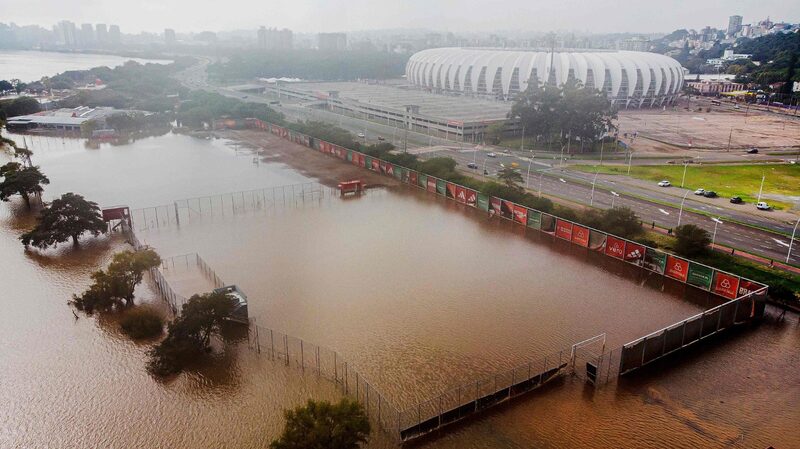Mongolia is facing a devastating climate crisis as extreme winter conditions, known as 'dzud', have wiped out over 1.5 million livestock, threatening livelihoods and food security. The State Emergency Commission confirmed the staggering toll on Thursday, calling it one of the worst winters in recent memory.
🐑 What's a 'dzud'? This Mongolian term describes winters where heavy snow or frozen ground prevents animals from grazing, leading to mass starvation. Deputy Prime Minister Sainbuyan Amarsaikhan warned that 19 out of 21 provinces are affected, with herders—who rely on livestock for income—now grappling with economic ruin.
❄️ Why it matters: Livestock isn't just Mongolia's economy—it's a cultural cornerstone. With temperatures plunging to -50°C (-58°F) in some areas, the government has mobilized emergency funds and hay supplies. But climate experts say rising frequency of dzuds (now 6 in the last 10 years) signals a worrying trend linked to global warming.
🌍 The bigger picture: As nomadic traditions collide with climate extremes, this crisis underscores the vulnerability of communities worldwide. Could sustainable herding or tech-driven solutions help? For now, Mongolia races against time to save both animals and a way of life.
Reference(s):
cgtn.com



